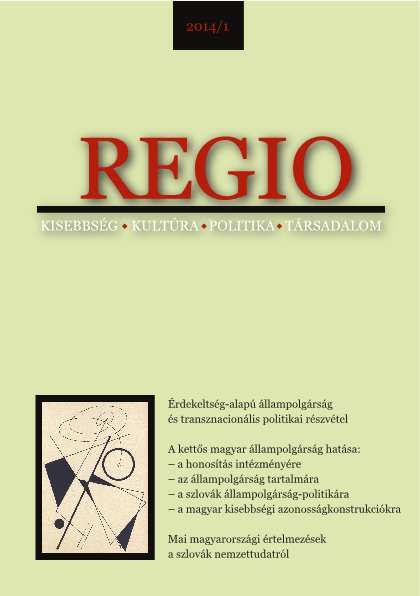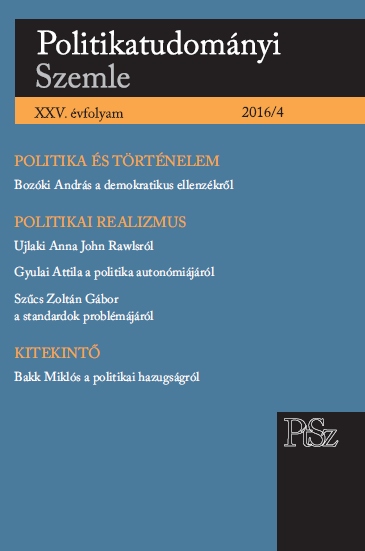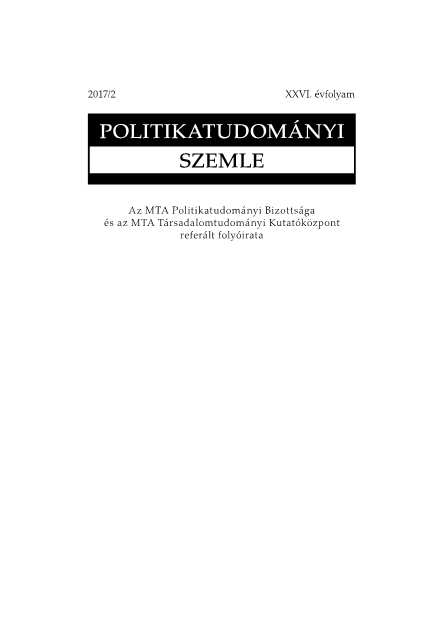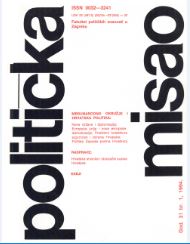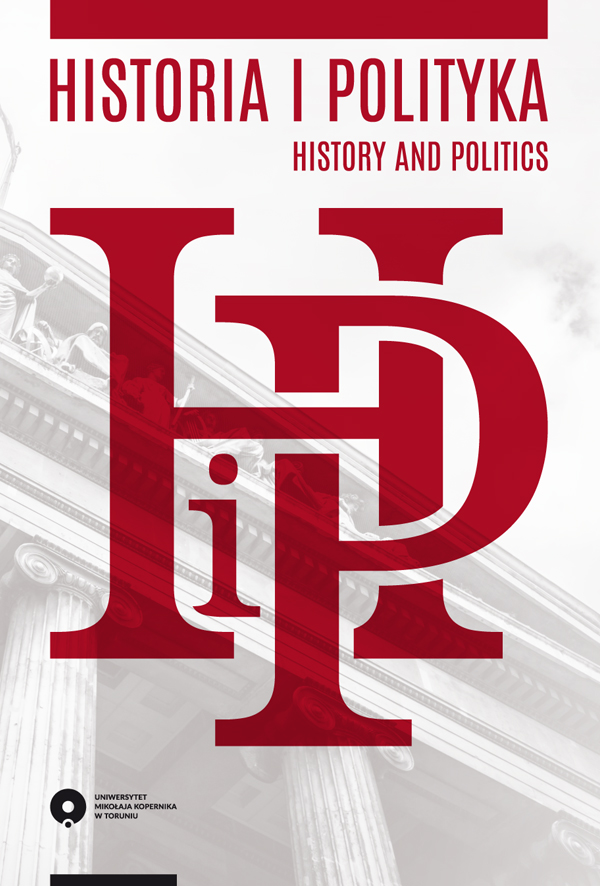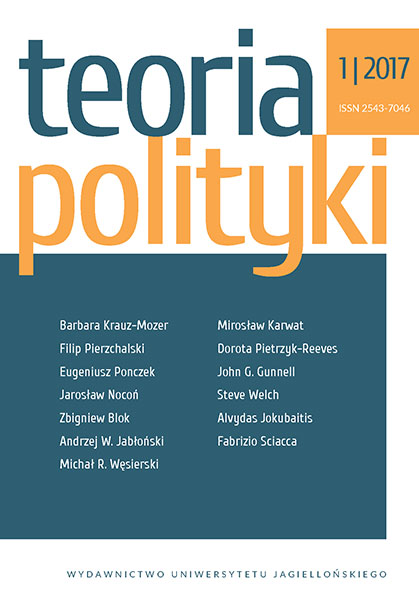
Prawa człowieka - symboliczna podstawa sfery politycznej czy czynnik jej zaniku? Claude'a Leforta polemika z Hannah Arendt
The subject of the article is the analysis of the polemic between Claude Lefort and Hannah Arendt on the role of human rights in the foundation of democracy. Both of the authors put forward the idea of a political sphere, an area of individual liberty and common symbolism. Arendt argues that human rights, understood as pre-political entitlements, mask individualistic egoism and nationalist exclusion, leading to totalitarianism, whereby society loses all signs of its identity. Lefort supports the idea that human rights, conceived as the means of collective political action, express the constitutive and necessary indetermination of modern and post-modern society, the “emptiness” of the place of the subject of power. The author concludes that Lefort’s theory, important as an expression of a contemporary idea of democracy, omits the fact that the full “emptiness” of common political symbolism must lead to its annihilation and the atrophy of common political language – the condition of intersubjectivity.
More...
